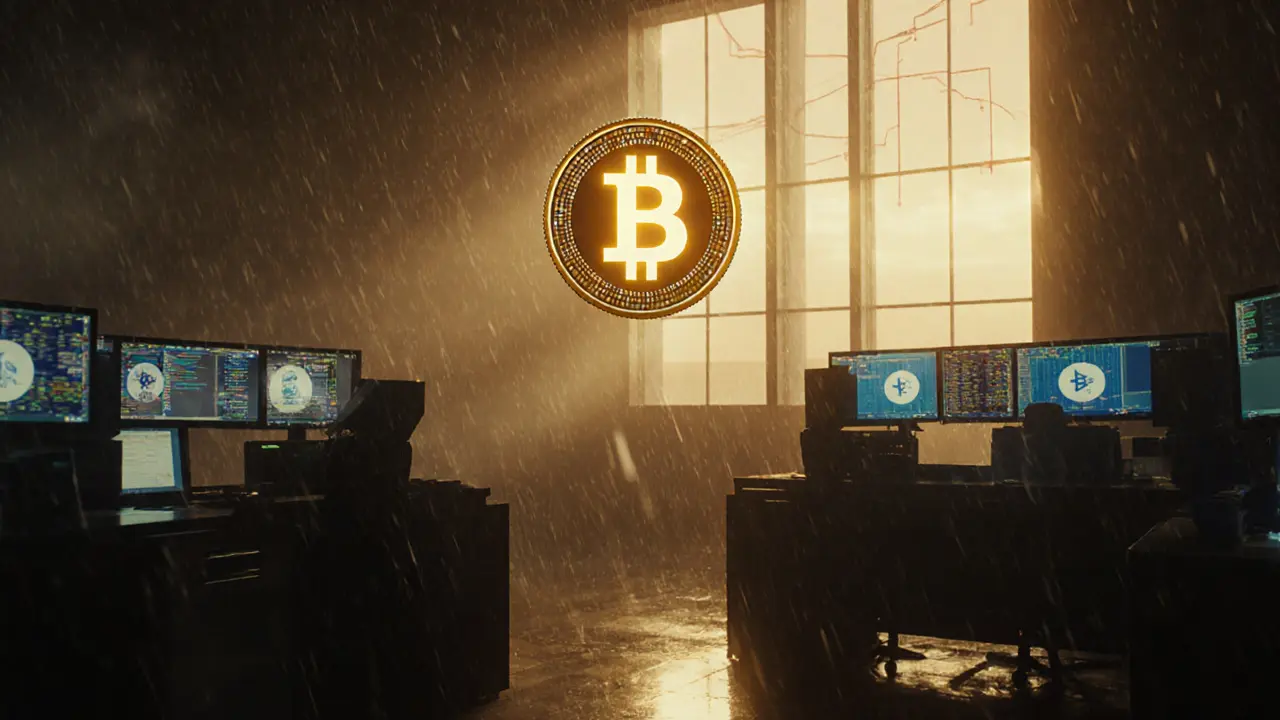Security Token Exchange: What It Is and Why It Matters
When you hear security token exchange, a regulated platform where digital assets representing real-world ownership are bought and sold. Also known as STO platform, it’s not like Bitcoin trading sites—these platforms follow financial laws, require KYC, and tie tokens to actual assets like shares, bonds, or property. This isn’t speculation with meme coins. It’s finance built on blockchain, but with legal oversight. Think of it as a stock market where everything is digital, transparent, and programmable.
Security tokens themselves are tokenization, the process of converting real-world assets into digital tokens on a blockchain. Also known as asset-backed crypto, it turns things like a piece of real estate or a share in a company into tradable units you can buy with crypto or fiat. Unlike Bitcoin or Ethereum, which are utility or currency tokens, security tokens come with rights—dividends, voting power, profit sharing. That’s why governments treat them like securities. If you’re trading a token that gives you a cut of rental income from an apartment building, that’s a security token. And you can only trade it on a platform licensed to handle securities.
That’s where regulated crypto, crypto exchanges that operate under financial authorities like the SEC or MiCA. Also known as compliant crypto platforms, it’s the only safe way to trade these assets without risking your money or breaking the law. Most crypto exchanges you’ve heard of—like Binance or KuCoin—are not regulated for security tokens. They deal in unbacked tokens. But a true security token exchange works like a digital NASDAQ. It verifies investors, reports trades, and ensures the underlying asset is real. You’ll find platforms like tZero, Securitize, or Maple Finance in this space—though many are still growing.
Why does this matter now? Because traditional finance is waking up. Big banks, asset managers, and even pension funds are starting to move into tokenized assets. Why? Because it’s faster, cheaper, and opens up investing to more people. A $10,000 apartment can be split into 100 tokens—you can buy one for $100. That’s impossible with traditional real estate. And because the rules are clearer, you’re less likely to get scammed. No more fake teams, no more anonymous developers. Just real assets, recorded on a public ledger.
What you’ll find in the posts below are real examples of what’s happening in this space. From platforms that got shut down for lacking licenses, to tokens that claim to represent gold or diamonds but have no legal backing, you’ll see the difference between what’s legitimate and what’s just noise. You’ll learn why some crypto exchanges disappeared overnight, why certain tokens can’t be traded legally in places like China or the Philippines, and how tokenization is being used for patents, NFT rentals, and even diamond ownership. This isn’t about hype. It’s about what’s actually working under the law—and what’s not.
 6 Nov 2025
6 Nov 2025
BEX Mauritius Block Exchange has a regulatory license but zero trading volume, no user reviews, and no transparency. Learn why this security token platform isn't viable despite its claims.
View More
